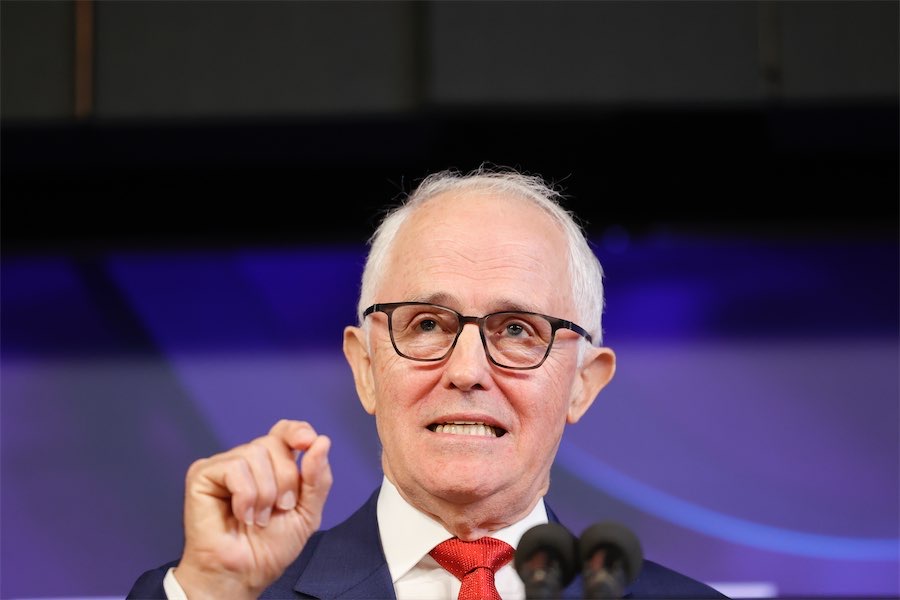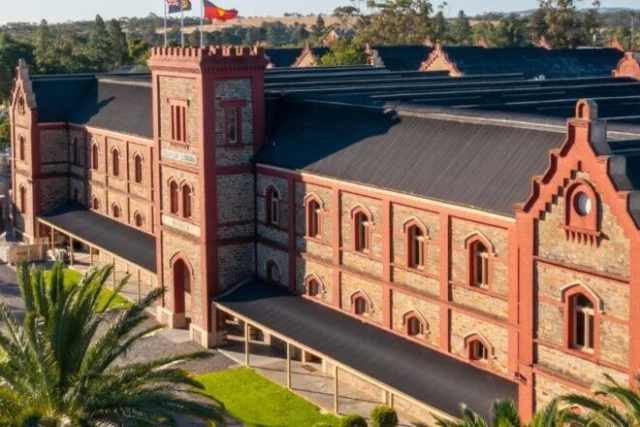THE ANU has sold shares in one coal seam gas mining company in response to environmental concerns, only to buy a stake in another.

ANU Master of Climate Change student and “Fossil Free ANU” spokesman Tom Swann has publicly released the documents, which were obtained through a freedom of information request.
They show the university’s Investment Office agreed to sell the Metgasco shares after the Vice-Chancellor had “fielded concerns from various parties regarding perceived environmental impacts of Coal Seam Gas mining”.
But at the same time, the ANU was starting to invest in Santos at a faster rate than it was selling its stake in Metgasco.
“We expected resistance to cleaning up ANU’s portfolio, but this is really something else,” says Swann. “While appearing to take one step forward, they were actually taking two steps back—and there is much more coal, oil and gas on ANU’s books that they’re clearly not proud of.”
“The Vice-Chancellor shows little sign he’s seriously considered how these investments damage ANU’s reputation, much less public health and the environment. He should be maintaining our university’s leadership in sustainability, but he’s doing the opposite. To show he’s serious on these matters the Vice-Chancellor must now take meaningful action.”
Swann says he was first denied access to the documents in January after placing the FOI request and had to appeal before the ANU handed over some of the documents “in heavily redacted form”.
According to the documents, the ANU held shares worth over $80 million (at current prices) in at least eight companies involved in extracting fossil fuels last December.
As an immediate first step, the campaigners want the ANU to “investigate and disclose” its investment in fossil fuels and for the Vice-Chancellor to meet with global climate change advocate Bill McKibben when he visits the ANU in June.
“But ultimately we want ANU to become the first Australian university to go fossil free, rather than waiting to be dragged to it and getting left behind,” says Swann, who believes it could be in the university’s best financial interests to do so.
“Combined with the falling cost of renewables, investors stuck with fossil stocks will lose a lot of money. ANU already had a taste with Metgasco; before ANU divested the share price plummeted in the face of local opposition and new regulations.
“ANU’s dirty investments may also put in doubt revenue from alumni and other donors, who won’t be thrilled about donations going into coal mines or fracking. But leadership on a fossil free ANU, that could become a real selling point to donors.”
Who can be trusted?
In a world of spin and confusion, there’s never been a more important time to support independent journalism in Canberra.
If you trust our work online and want to enforce the power of independent voices, I invite you to make a small contribution.
Every dollar of support is invested back into our journalism to help keep citynews.com.au strong and free.
Thank you,
Ian Meikle, editor








Leave a Reply